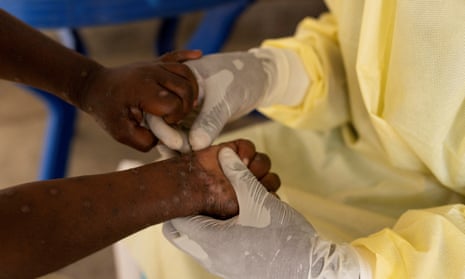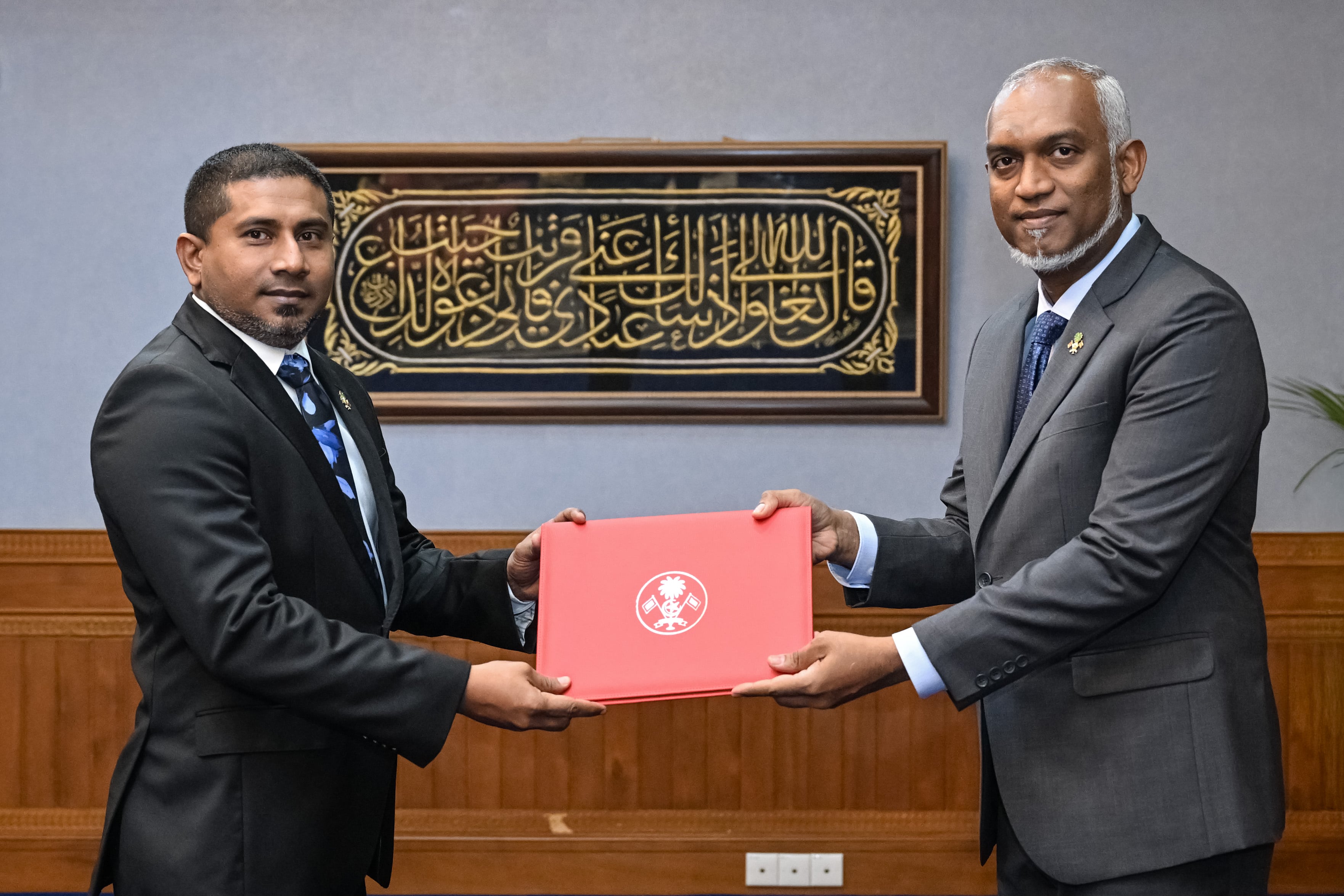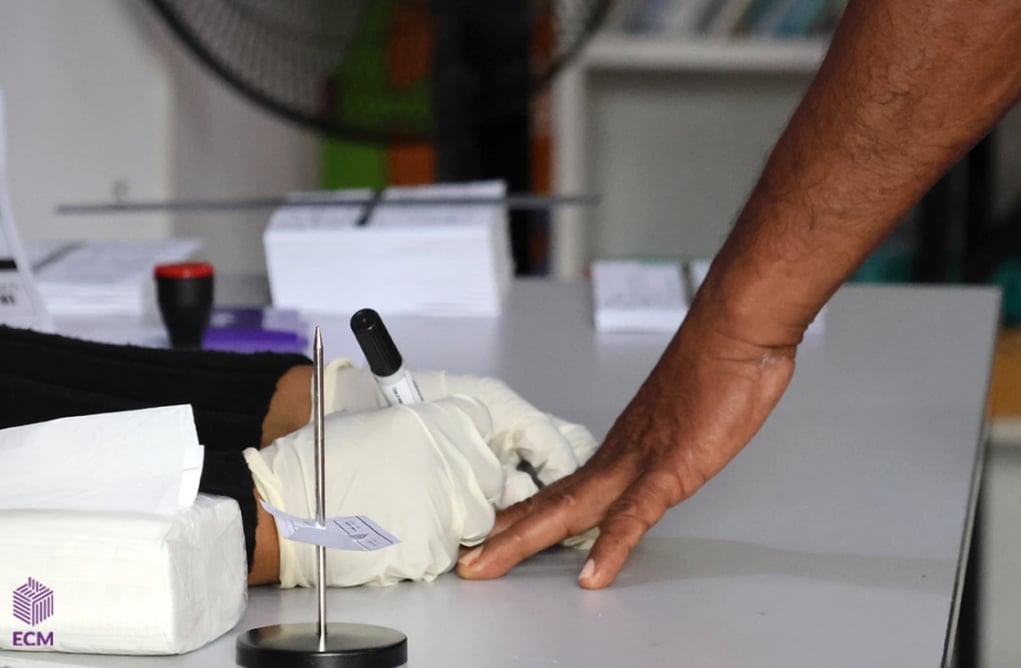On August 14, 2024, the World Health Organization (WHO) declared the rise in mpox cases a Public Health Emergency of International Concern (PHEIC).
This designation, the highest level of alarm under international health law, follows recommendations from the International Health Regulations (IHR) Emergency Committee. The decision underscores the escalating threat posed by mpox, formerly known as monkeypox, which has seen a significant surge in cases across several regions.
WHO Director-General Tedros Adhanom Ghebreyesus convened the Emergency Committee to assess whether the outbreaks warranted international concern. The Africa Centres for Disease Control and Prevention (CDC) had already declared a regional public health emergency due to the severe impact of the virus, which has now prompted a coordinated global response.
Mpox has been spreading rapidly in several African countries, particularly in the Democratic Republic of the Congo (DRC) and neighboring nations such as Burundi, Kenya, Rwanda, and Uganda. The outbreak has already resulted in over 14,000 reported cases and 524 deaths this year alone, marking a notable increase from previous years. The outbreak is driven by different virus clades, including a particularly aggressive clade 1b, which has been noted for its higher transmissibility and severity.
In response to the crisis, WHO is collaborating with affected countries, the Africa CDC, and other partners to tackle the outbreak’s drivers. Efforts include deploying diagnostic equipment, supporting laboratory functions, and enhancing case investigation and contact tracing. WHO has also developed a regional response plan, requiring an initial $15 million to support various preparedness and response activities.
To combat the outbreak, two WHO-approved vaccines are being used, and manufacturers have been invited to increase vaccine production under an Emergency Use Listing (EUL). WHO is also working to ensure equitable access to vaccines and other critical resources. As part of ongoing efforts, the WHO will extend its recommendations for monitoring and responding to mpox for another year to support continued global and regional response efforts.
This designation, the highest level of alarm under international health law, follows recommendations from the International Health Regulations (IHR) Emergency Committee. The decision underscores the escalating threat posed by mpox, formerly known as monkeypox, which has seen a significant surge in cases across several regions.
WHO Director-General Tedros Adhanom Ghebreyesus convened the Emergency Committee to assess whether the outbreaks warranted international concern. The Africa Centres for Disease Control and Prevention (CDC) had already declared a regional public health emergency due to the severe impact of the virus, which has now prompted a coordinated global response.
Today, the Emergency Committee on #mpox met and advised me that in its view, the situation constitutes a public health emergency of international concern. I have accepted that advice.@WHO is on the ground, working with the affected countries, and others at risk, through our…
— Tedros Adhanom Ghebreyesus (@DrTedros) August 14, 2024
Mpox has been spreading rapidly in several African countries, particularly in the Democratic Republic of the Congo (DRC) and neighboring nations such as Burundi, Kenya, Rwanda, and Uganda. The outbreak has already resulted in over 14,000 reported cases and 524 deaths this year alone, marking a notable increase from previous years. The outbreak is driven by different virus clades, including a particularly aggressive clade 1b, which has been noted for its higher transmissibility and severity.
In response to the crisis, WHO is collaborating with affected countries, the Africa CDC, and other partners to tackle the outbreak’s drivers. Efforts include deploying diagnostic equipment, supporting laboratory functions, and enhancing case investigation and contact tracing. WHO has also developed a regional response plan, requiring an initial $15 million to support various preparedness and response activities.
To combat the outbreak, two WHO-approved vaccines are being used, and manufacturers have been invited to increase vaccine production under an Emergency Use Listing (EUL). WHO is also working to ensure equitable access to vaccines and other critical resources. As part of ongoing efforts, the WHO will extend its recommendations for monitoring and responding to mpox for another year to support continued global and regional response efforts.


















